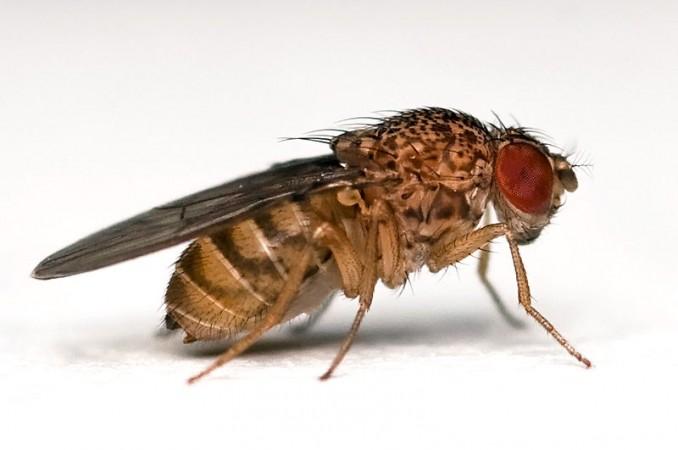
Researchers at Drexel University in Philadelphia have discovered that erythritol, a sugary substitute is toxic to fruit flies. The substance may be safe for humans to consume but is toxic to some insects.
Erythritol is the main ingredient in Truvia, the artificial sweetener. Erythritol is a natural compound that is present in different types of fruits. It is usually used as a substitute for sugar and has zero calories. It was approved by the Food and Drug Administration (FDA) in 2001 as a food additive and was found through many studies that humans have high level of tolerance for the sweetener.
It has been found that the sweetener not only kills flies but also prefers against other food choices. The researchers are looking forward into patenting the erythritol-based insecticide as a natural pest killer.
"We are not going to see the planet sprayed with erythritol, and the chances for widespread crop application are slim. But on a small scale, in places where insects will come to a bait, consume it and die, this could be huge." Live Science quoted Sean O'Donnell, a professor of biology at Drexel University in Philadelphia who worked on the experiment, said in a statement.
The research before being studied by university researchers , have been conducted for the first time by a ninth grade student Simon Kaschock-Marenda along with his father Daniel Marenda, while performing a science project. They tested the fruit flies that were raised in small tubes and divided the flies into groups and fed them food mixed with artificial sweeteners Truvia, Sweet'N Low, Splenda, Equal or Pure Via.
They noticed that the flies that were raised on Truvia contained food lived for shorter life span (5.8 days) compared to flies that ate other sweeteners and had a life span of 38 and 51 days.
The next step was taken to determine which ingredient of the sweetener was causing the deadly effect. It was found the erythritol present in Truvia might be the toxin as the flies that consumed food having Truvia or erythritol died within a week whereas other flies survived for few more weeks.
The researchers however are not clear how erythritol killed the flies. Further studies are needed to determine if erythritol is toxic to any other insects.







!['Abhishek will win national award': Abhishek Bachchan's poignant act will tug your heartstrings in slice of life emotional saga I Want To Talk [trailer review]](https://data1.ibtimes.co.in/en/full/805617/abhishek-will-win-national-award-abhishek-bachchans-poignant-act-will-tug-your-heartstrings.jpg?w=220&h=138)



